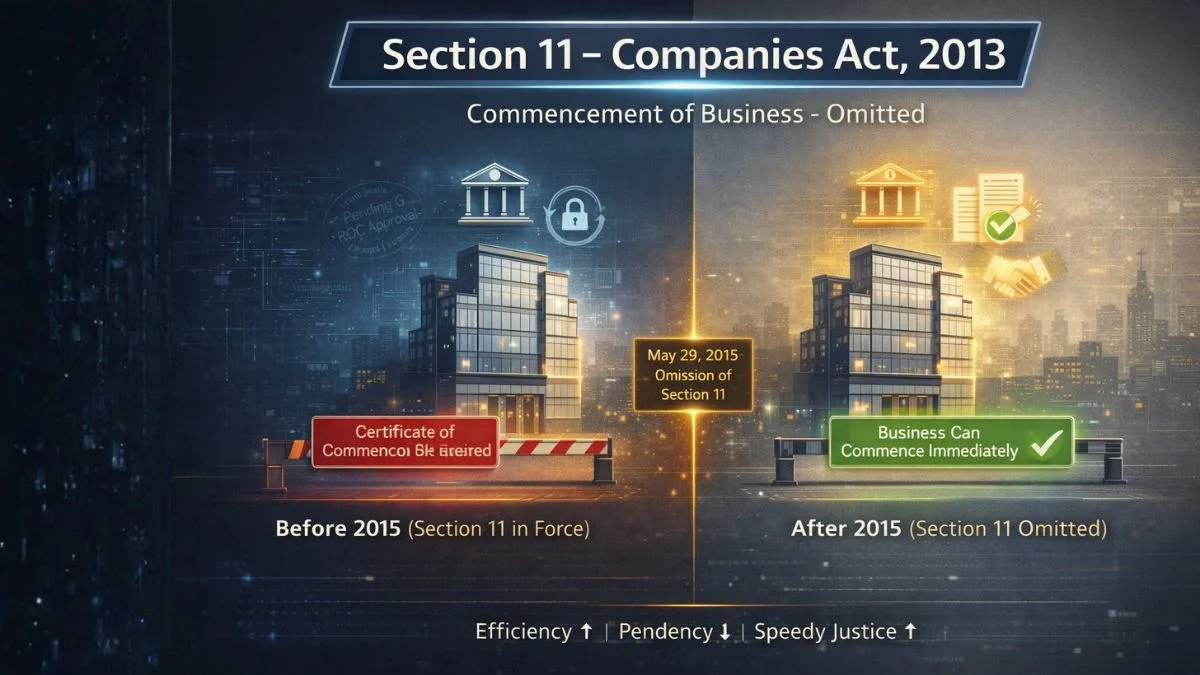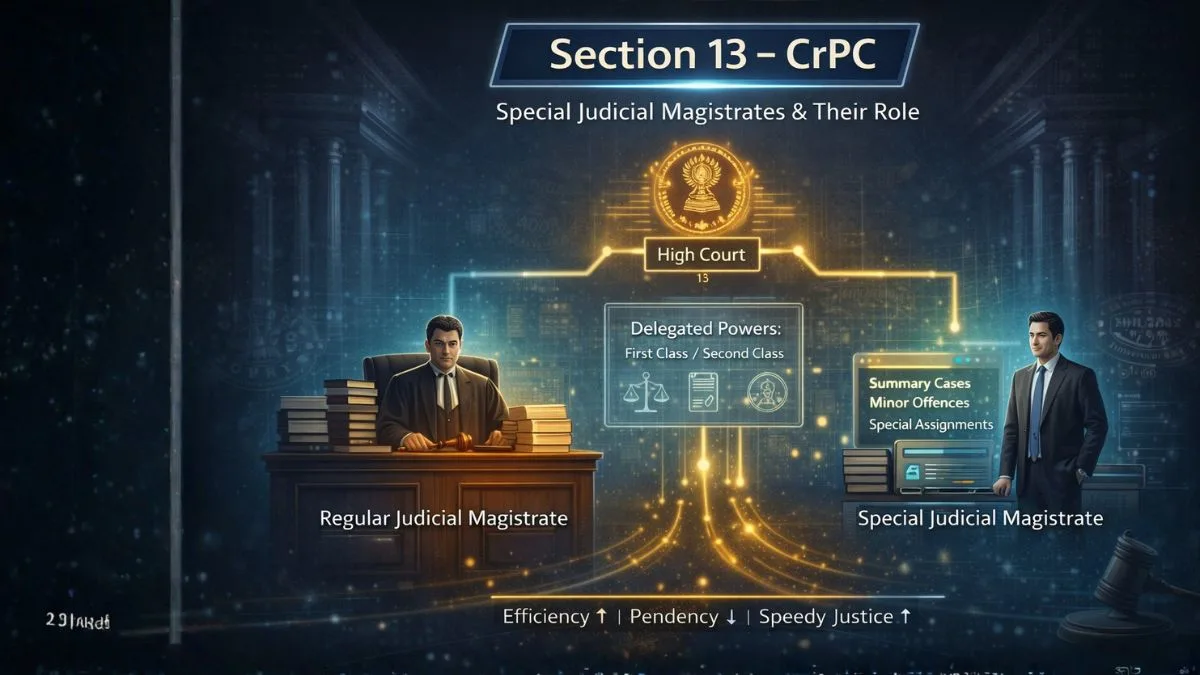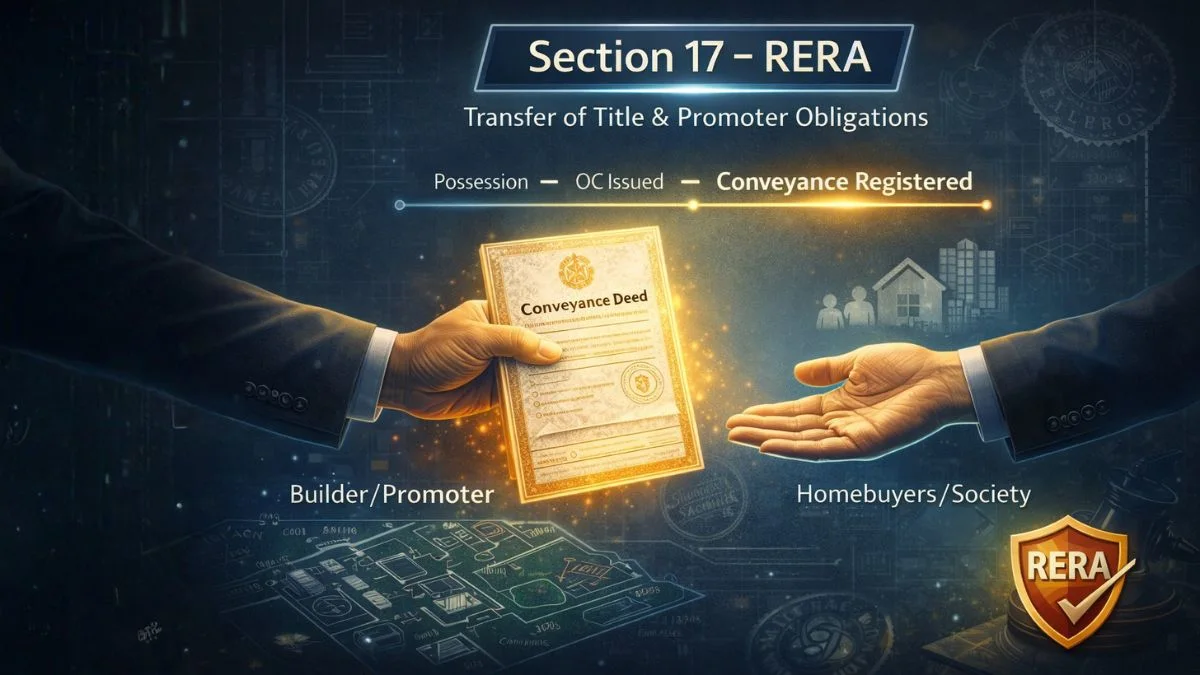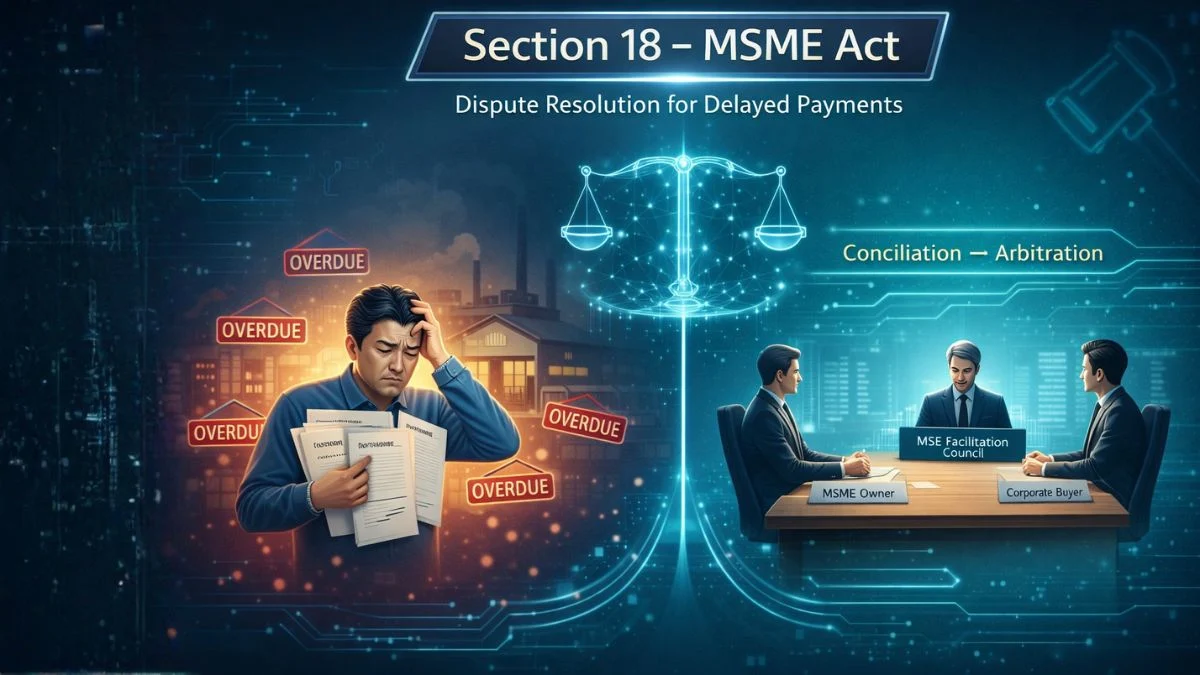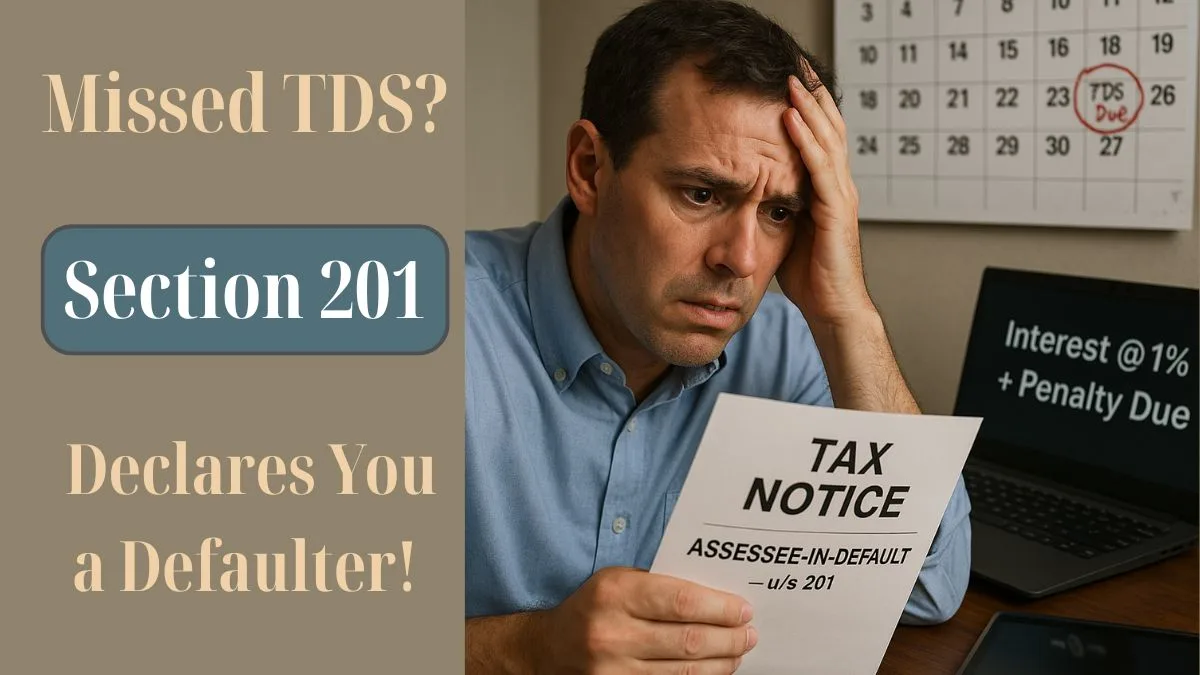
When it comes to TDS (Tax Deducted at Source), compliance isn’t just a matter of good practice—it’s a legal obligation. That’s exactly what Section 201 of the Income Tax Act aims to address. This section deals with the consequences of failure to deduct or pay TDS & ensures that individuals or companies responsible for TDS fulfil their duties on time.
Let’s break it down in a way that’s simple & clear—just how tax laws should be explained.
What is Section 201 of the Income Tax Act?
Section 201 lays down the rules for situations where a person, including the principal officer of a company, fails to either deduct TDS when it was supposed to be deducted or deducts it but fails to deposit the TDS with the government.
In such cases, the person is treated as an “assessee in default.” This means the Income Tax Department sees them as someone who hasn’t paid their taxes on time—& that comes with penalties, interest, & legal consequences.
Key Highlights of Section 201
Here are the key features of this section that every taxpayer—especially those who deduct TDS—should know:
- TDS is to be deducted & deposited before the 7th of the next month.
- If this is not done, the defaulter becomes liable under Section 201.
- The interest liability can go up to 1.5% per month, depending on whether TDS was deducted late or deposited late.
- Any person, whether an individual, firm, or company, can be held responsible.
- The section also applies to those who have deducted but not paid TDS to the credit of the government."
Who is Liable Under Section 201?
The section explicitly states that any person, including the principal officer of a company, who is responsible for TDS is liable. This ensures that responsibility cannot be shifted & must be taken seriously.
So, whether you're a business owner, a payroll manager, or an accountant, if you're in charge of deducting TDS & fail to do so, you’re accountable. "
Interest & Penalty – The Financial Hit
Let’s say a company forgets to deduct TDS on a consultant’s payment of ₹1,00,000.
- The TDS of ₹10,000 (10%) should have been deducted & deposited by the 7th of the next month.
- If it’s not done, interest at 1% per month (for delay in deduction) & 1.5% per month (for delay in payment) will start accruing.
- The longer the delay, the heavier the penalty.
Besides interest, the Income Tax Department can also levy a penalty equal to the amount of TDS not deducted or paid.
Exceptions Under Section 201
Interestingly, a person shall not be deemed to be an assessee in default if:
- They have obtained a certificate from a Chartered Accountant stating that the recipient of income has filed their return & paid taxes on such income.
- In such a case, only interest needs to be paid, not the penalty.
This is a relief, but it requires timely documentation & professional handling.
Practical Implications for Businesses
Section 201 has serious practical implications, especially for startups & MSMEs who may not have robust financial compliance systems. Missing TDS deadlines or incorrect filing can lead to unnecessary interest payments, penalties, & notices from the Income Tax Department.
How Callmyca Can Help
TDS compliance is not just about numbers—it's about understanding your responsibilities & managing your finances smartly. Whether you’re unsure about due dates, form submissions, or how to reply to a TDS default notice under section 201, professional CA assistance can make a big difference.
Final Words:
If you're facing a TDS notice or want to avoid falling under Section 201 of the Income Tax Act, let our experts take over. Callmyca.com connects you with top Chartered Accountants to ensure you're never an assessee in default. Click here to stay compliant & stress-free!


